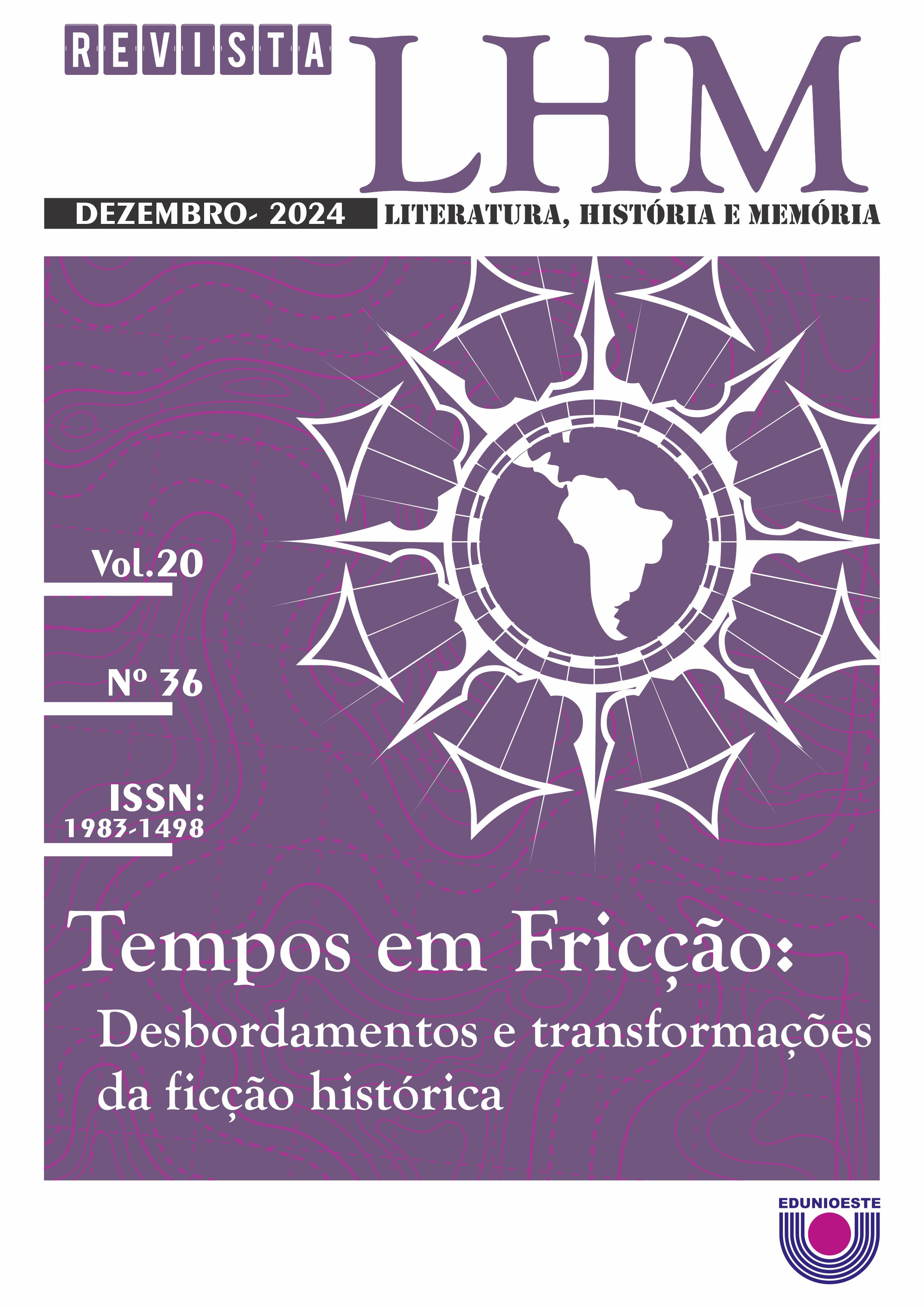Race, gender and class in Rio de Janeiro in the 1870s through the eyes of traveler Herbert Smith
DOI:
https://doi.org/10.48075/rlhm.v20i36.33383Abstract
Herbert H. Smith was a naturalist who studied Brazil’s flora and fauna. He first came here in 1870 on the Morgan expedition, led by the famous Professor Charles Frederick Hartt. Then, in 1874, he returned to spend a year exploring the Amazon and Tapajós rivers. At the end of this expedition, he went to Rio de Janeiro, where he stayed for another four months. Back in the United States, he worked for Scribner's Magazine, writing articles about Brazil based on his travel memoirs. These writings later were collected in the book Brazil, the Amazon and the Coast, published in 1979. The aim of this paper is to read the chapter “Social Life at Rio”, from that book, in order to identify the traveler's perceptions of the Brazilian capital in the 1870s, which help to understand historical structural problems regarding race, class and gender in Brazil.
Downloads
Published
How to Cite
Issue
Section
License

This work is licensed under a Creative Commons Attribution-NonCommercial-ShareAlike 4.0 International License.
Aviso de Direito Autoral Creative Commons
Política para Periódicos de Acesso Livre
Autores que publicam nesta revista concordam com os seguintes termos:
1. Autores mantém os direitos autorais e concedem à revista o direito de primeira publicação, com o trabalho simultaneamente licenciado sob a Licença Creative Commons Attribution que permite o compartilhamento do trabalho com reconhecimento da autoria e publicação inicial nesta revista.2. Autores têm autorização para assumir contratos adicionais separadamente, para distribuição não-exclusiva da versão do trabalho publicada nesta revista (ex.: publicar em repositório institucional ou como capítulo de livro), com reconhecimento de autoria e publicação inicial nesta revista.
3. Autores têm permissão e são estimulados a publicar e distribuir seu trabalho online (ex.: em repositórios institucionais ou na sua página pessoal) a qualquer ponto antes ou durante o processo editorial, já que isso pode gerar alterações produtivas, bem como aumentar o impacto e a citação do trabalho publicado (Veja O Efeito do Acesso Livre).
Licença Creative Commons
Esta obra está licenciada com uma Licença Creative Commons Atribuição-NãoComercial-CompartilhaIgual 4.0 Internacional, o que permite compartilhar, copiar, distribuir, exibir, reproduzir, a totalidade ou partes desde que não tenha objetivo comercial e sejam citados os autores e a fonte.


